This guide is designed for home cooks and culinary enthusiasts seeking to elevate everyday meals with minimal effort. You might think of mustard as just that tangy yellow stuff you slather on hot dogs. But what if I told you there’s a spice-level-up version hiding in your pantry? Meet Dijon Mustard Powder — the French-born flavor booster that’s quietly revolutionizing kitchens everywhere.
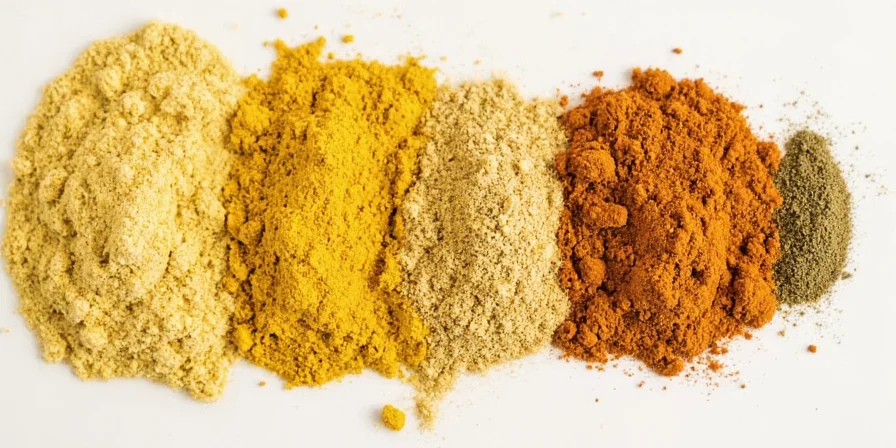
The Lowdown on Dijon Mustard Powder
Dijon Mustard Powder is made from ground brown or black mustard seeds, often mixed with vinegar, salt, and sometimes white wine. Unlike its ready-to-spread cousin, this powdered form delivers shelf-stable versatility with a 2-3 year pantry life—no refrigeration needed—making it ideal for precise flavor control in any recipe.
Why Home Cooks Swear By It
- Concentrated flavor bomb requiring minimal storage space
- Adds complexity without overwhelming other ingredients
- Reconstitutes instantly for custom texture control
- Surprisingly versatile across savory and sweet applications
| Type | Texture | Flavor Profile | Best Use |
|---|---|---|---|
| Dijon Mustard Powder | Powdery | Sharp, earthy, slightly spicy | Seasoning blends, dry rubs, homemade mustard |
| Ready-Made Dijon Mustard | Creamy | Vinegary, bold, tangy | Sandwiches, sauces, dressings |
| Yellow Mustard Powder | Dry | Mild, slightly sweet | Baked beans, ballpark-style recipes |
1. Boost Your Marinades Instantly
Add a teaspoon to meat or tofu marinades. It tenderizes proteins while binding oils and spices. The powder’s concentrated nature penetrates deeper than liquid mustard.
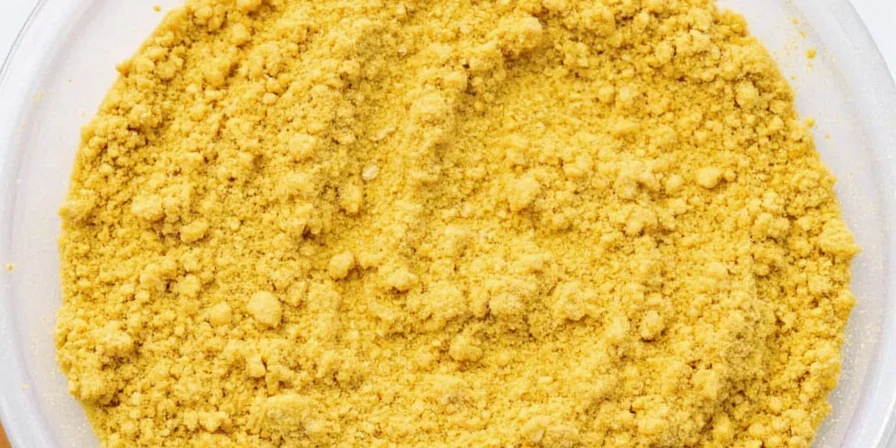
2. Make Homemade Mustard in Minutes
Mix 2 tbsp powder with 2–3 tbsp warm water, vinegar or wine, and salt. Rest for 10 minutes. This method lets you control tanginess—add honey for sweetness or extra vinegar for sharpness.
3. Elevate Your Dry Rubs
Creates smoky depth in barbecue rubs. Try this blend:
- 2 tbsp smoked paprika
- 1 tbsp garlic powder
- 1 tsp dijon mustard powder
- 1 tsp onion powder
- 1 tsp brown sugar
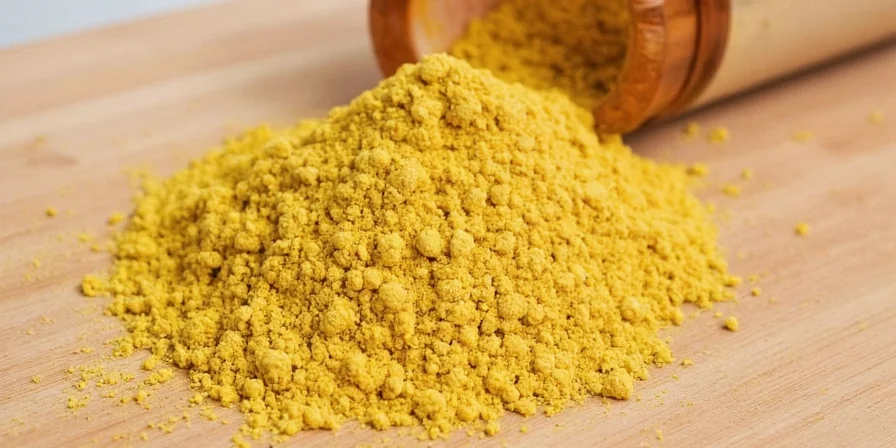
4. Add Depth to Sauces and Gravies
A pinch transforms béchamel or tomato gravies. The powder dissolves completely, eliminating grittiness common in liquid mustard substitutions.
5. Enhance Vegetarian and Vegan Dishes
Mimics umami in vegan cheese sauces or lentil loaves. Combine with nutritional yeast and miso—the powder’s clean profile won’t clash with delicate plant-based flavors.
6. Spice Up Egg Dishes
Add to scrambled eggs or deviled fillings. The powder integrates seamlessly without altering texture, unlike grainy prepared mustards.
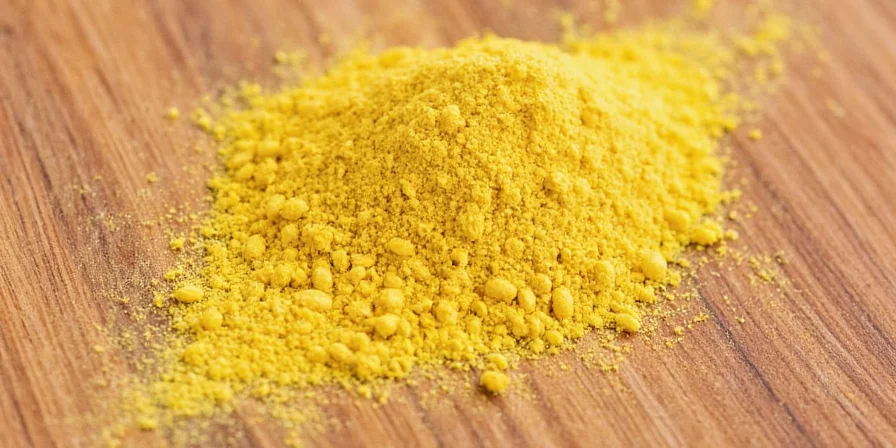
7. Experiment with Baked Goods
Mix into pretzel seasoning or bread dough. The subtle heat complements sweet notes in cinnamon rolls or cheddar biscuits.
The Powder Advantage: Beyond the Basics
While liquid Dijon requires stabilizers that mute flavor, the pure powder form preserves volatile compounds. When reconstituted, it generates higher concentrations of allyl isothiocyanate—the compound responsible for mustard’s signature bite—delivering brighter heat than pre-mixed versions that degrade over time.
Cultural Clout: From Medieval Medicine to Modern Gourmet
Medieval apothecaries used mustard poultices for circulation. Today, chefs leverage its emulsifying power in vinaigrettes and its ability to cut through fat in charcuterie. The powder form revives this tradition with modern precision.
Frequently Asked Questions
How long does dijon mustard powder stay potent?
Stored in an airtight container away from light, it maintains peak flavor for 2-3 years. While safe indefinitely, the volatile compounds creating its heat diminish significantly after 36 months.
Can I substitute it for prepared mustard one-to-one?
Use 1 tsp powder + 1 tbsp liquid to replace 1 tbsp prepared mustard. Adjust liquid for texture—powder offers control liquid mustard can’t match.
Why is it sharper than yellow mustard powder?
Brown/black seeds contain more sinigrin—a precursor to allyl isothiocyanate—than yellow seeds. Traditional Dijon uses verjuice or wine instead of vinegar, preserving complex flavor notes.
Does heat destroy its flavor?
Adding powder late in cooking preserves pungency. For baked goods, mix with cool liquids first—heat above 140°F (60°C) deactivates the enzymes creating mustard’s bite.
Dijon mustard powder solves the fundamental problem of liquid mustard: inconsistent potency and short shelf life. This pantry staple transforms from supporting player to lead ingredient when you harness its reconstitution science. Whether you’re batch-cooking or crafting a gourmet meal, its precision makes flavor elevation effortless. Start with a pinch—you’ll never overlook this French secret again.
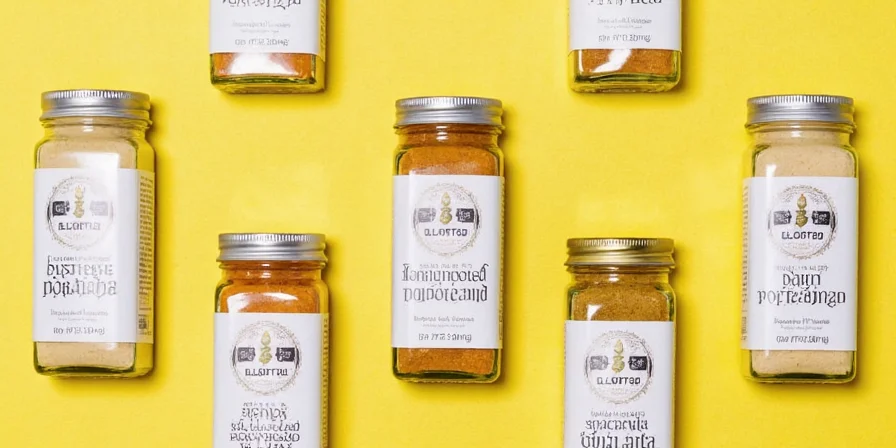

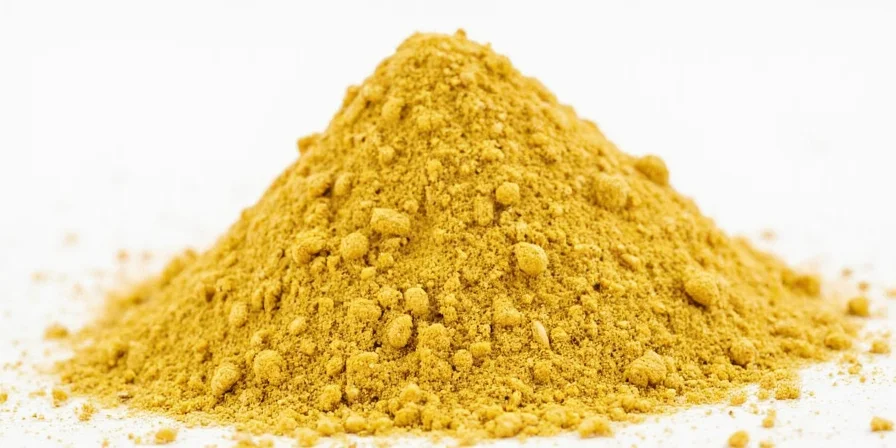









 浙公网安备
33010002000092号
浙公网安备
33010002000092号 浙B2-20120091-4
浙B2-20120091-4